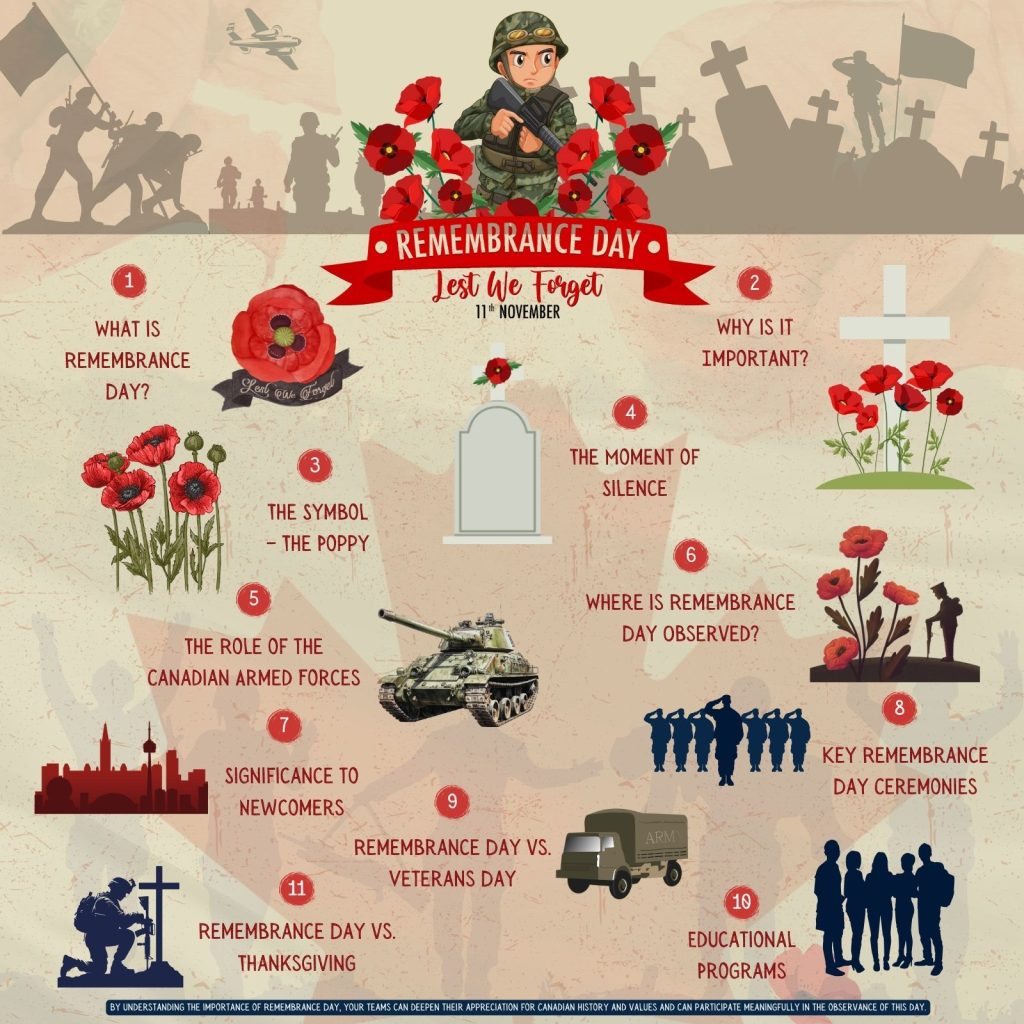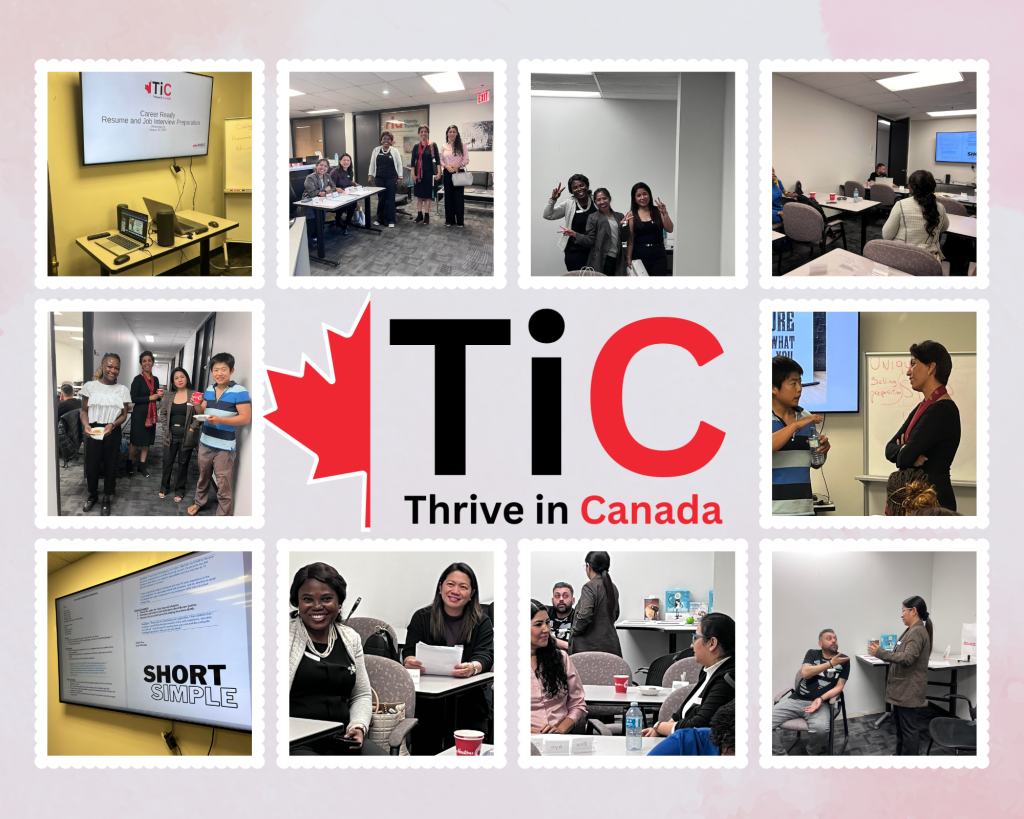Jacob Pagaling: How Boxing Transformed My Life
By Jacob Pagaling Boxing, a sport that’s led many to pain and many to shame, a sport that has tested the will of many, and a sport that has shown the sheer magnitude of the determination that people have to be victorious. The sport of boxing has profoundly transformed my life, shaping me into the person I am today. My journey in combat sports began at an early age, and although I always had a passion for boxing, I initially struggled to push myself during training. As a child, I grappled with being overweight and lacked self-confidence, feeling unsure of my abilities both inside and outside the ring. At thirteen, I made a pivotal decision to train hard and actively compete in boxing. This marked the beginning of a significant transformation. As I dedicated myself to rigorous training, my skills improved, my weight dropped, and my fitness levels soared. With each training session, I grew stronger and more disciplined, both physically and mentally. My commitment paid off as I began to win fight after fight. My confidence soared with each victory, and I soon found myself triumphing in major provincial tournaments. These successes fueled my determination, and I started traveling across North America, facing off against other high-level fighters. The experience of competing on such a wide stage was invaluable, pushing me to elevate my skills and strategies. By consistently competing and excelling, I began to establish myself as one of the top fighters in my age group in Canada. My hard work culminated in representing Alberta at the 2024 Canadian Youth National Tournament, where I proudly won a bronze medal. This achievement was a testament to my dedication and the profound changes boxing had instilled in me. Now, at sixteen, I find myself competing against and defeating high-level adult fighters. Boxing has not only transformed my physical health but also instilled in me a deep sense of confidence, self-worth, and purpose. The sport has taught me the value of discipline, perseverance, and hard work, lessons that extend far beyond the ring. Boxing changed me from an uncertain, overweight kid into a confident, accomplished athlete, ready to face any challenge life throws my way. My end goal as a boxer is to solidify myself in the history books as one of the best to ever step foot in the squared circle and become a hall-of-famer. Jacob Pagaling lives in Calgary, Alberta.He trains at the famous Calgary Boxing Club.He is currently ranked number 2 in Canada as an amateur boxer in the welterweight division.Jacob has represented Alberta at national events. He has also represented Canada at international tournaments. To contact Jacob, email at jpagaling@risec-canada.org
Jacob Pagaling: How Boxing Transformed My Life Read More »









